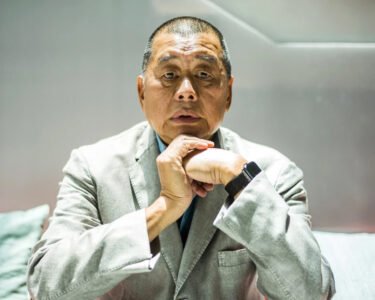Uganda is once again on edge following the inauguration of Donald Trump as President of the United States for a second term. President Trump’s first full day in office was marked by a series of executive orders that have left nations around the world anticipating significant shifts in U.S. policy.
For Uganda, key executive orders that have sparked concern include a 90-day suspension of aid, the U.S. withdrawal from the Paris Climate Agreement, and a halt to immigration. These measures could have far-reaching implications for Uganda’s economy, governance, and social welfare systems.
Past Impact of Trump Policies
During his first term (2017–2021), President Trump’s non-interventionist foreign policy shielded Uganda’s leadership from sanctions over human rights violations. However, his controversial rhetoric—including a derogatory term used to describe African nations—drew widespread criticism.
Trump’s suspension of aid during his first term led to the closure of several non-governmental organizations (NGOs) operating in Uganda. His expanded Mexico City Policy, later renamed the Protecting Life in Global Health Assistance Policy, required foreign NGOs receiving U.S. health aid to certify that they did not use American funds for abortion services except in cases of rape, incest, or to save the mother’s life. This policy heavily impacted Uganda and Kenya, where U.S. funding was pivotal for such services.
Speculation on Future Relations
It remains unclear whether Trump’s second term will sustain the hardline stance taken by the Biden administration toward Uganda. Under Biden, Uganda faced some of the harshest sanctions, particularly following the passage of the Anti-Homosexuality Bill, which President Museveni signed into law. Biden’s administration imposed severe measures on Ugandan officials for corruption and human rights abuses.
The first sanction under Biden’s presidency targeted Maj Gen Abel Kandiho, then Chief of Military Intelligence, with financial penalties over alleged human rights violations. In 2023, U.S. Secretary of State Antony Blinken expanded visa restrictions to include individuals believed to be complicit in undermining Uganda’s democratic process or repressing marginalized populations.
Government’s Silence
Kampala officials have so far remained tight-lipped about what Trump’s second term means for Uganda. Efforts to reach Foreign Affairs Minister Gen Jeje Odongo and his deputy, Mr. Henry Okello Oryem, were unsuccessful, as their known mobile numbers were switched off. Similarly, Uganda’s Permanent Representative to the UN referred inquiries to Vincent Bagiire, the Foreign Affairs ministry’s permanent secretary, who also did not respond.
Dr. Chris Baryomonsi, the government spokesperson and ICT and National Guidance minister, was also unavailable for comment.
Looking Ahead
As Uganda grapples with the implications of Trump’s return, concerns over the continuity of aid, diplomatic relations, and the enforcement of human rights policies remain front and center. The international community will be watching closely to see whether Trump’s second administration charts a similar course to his first or diverges in response to evolving geopolitical and domestic dynamics.





